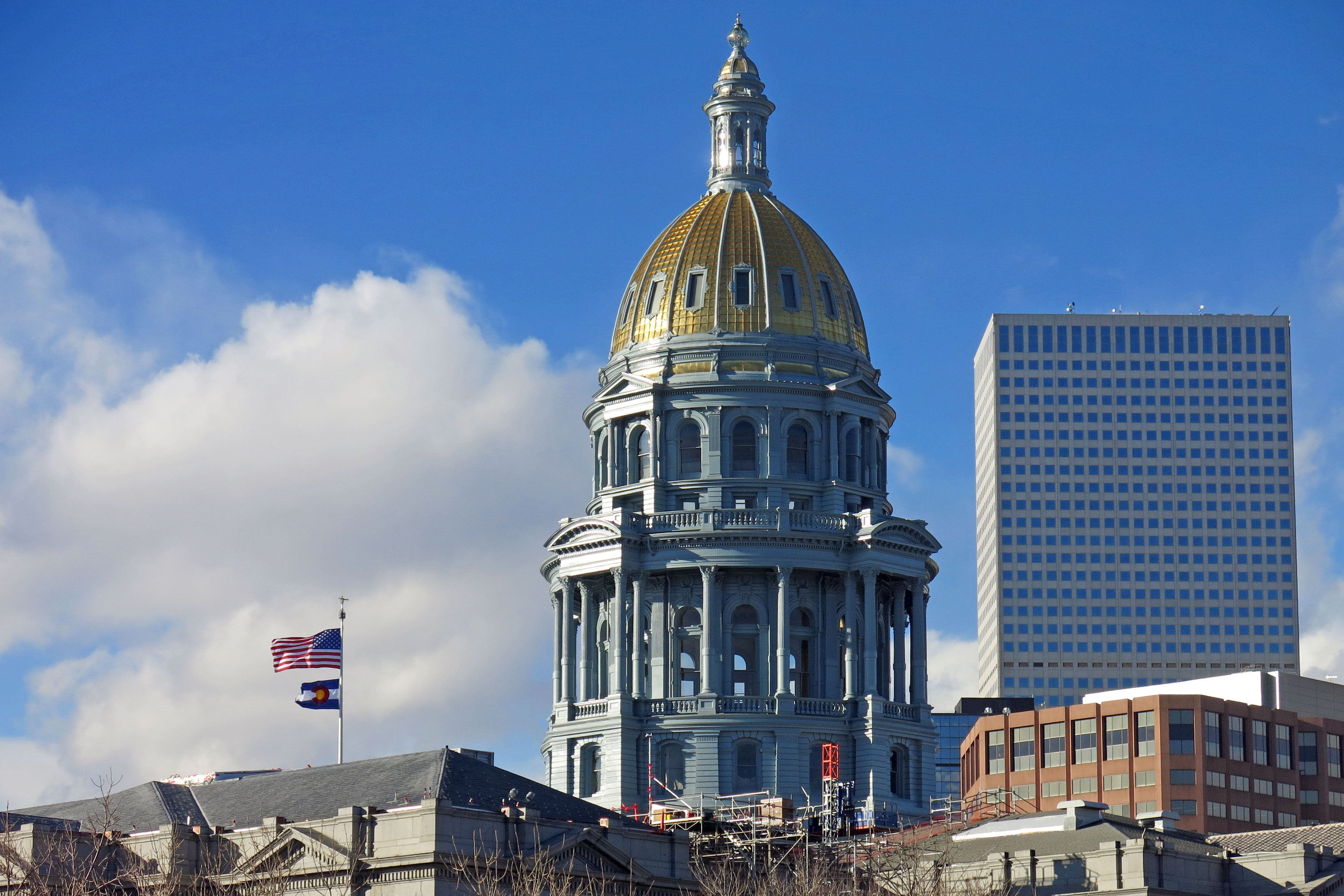
State lawmakers are wrestling with a $32 billion question: what to do about Colorado’s public pension fund. PERA only has enough cash to cover about half of its obligations. Lawmakers want to close that gap quickly, before it hurts the state’s credit rating and workers’ retirement plans. We asked for your questions about PERA. And we’re starting to get answers.
Where the PERA legislative stands now: There’s a bipartisan bill designed to return PERA to full funding in 30 years, but bill sponsors in each party disagree about how that should happen.
Senate Republicans passed their version last month. It includes cuts to benefits and increases in employee contributions. It also expands an option for 401(k)-style plans with the system.
House Democrats removed that piece from their version of the bill replaced higher employee contributions with $225 million form the state, raised the retirement age from 58 to 60 -- the Senate wants to set it at 65.
Sue McCabe of Denver asks: “It seems as though the state of Colorado ought to make “good” on its fiscal responsibility before it deems that PERA members bear the brunt of fixing the system.”
A good starting point for this story is indeed the Great Recession. The 2008 financial crisis wiped out 26 percent of the fund's value -- about $11 billion dollars. The pension was on a path to run out of money. The response: a 2010 austerity package, which cut benefits and raised contributions for employees and taxpayers.
But lawmakers made a couple miscalculations in 2010: They didn’t anticipate retirees living longer and drawing benefits longer, and they were too optimistic about how quickly PERA’s investments would grow. Eight years later and PERA with an unfunded liability somewhere between $32-$50 billion dollars. By some estimates, parts of PERA won’t reach full funding for 78 years.
It’s not really clear yet whether the shortfall will have to be made up by PERA members. The original bill split the burden among three groups: employers who fund PERA through taxpayer dollars, current workers contributing to the fund, and retirees. Each group would cover about a third of the cost of the solution, but Republicans and Democrats differ a lot on whether that's the right balance.
Benefits that might be cut include the amount the pension increases each year under the cost-of-living adjustment, which is calculated based someone’s total pension from the previous year. The question is: Should it be decreased? Should it be paused? Democrats, Republicans and PERA agree the increase should be reduced and put on hold for two years.
But they also have to contend with the fact that the majority of PERA recipients don’t receive Social Security because while they are in PERA membership, they’re not participating in social security -- it works as a Social Security replacement.
Chuck G. of Montrose asks: Why does the General Assembly believe that they can continue to intentionally underfund and destabilize PERA, continue to cut benefits for current retirees and renege on a clear financial obligation because it is not convenient for them or for tax payers in a political climate?
Public employees have counted on this pension. Austerity measures can easily be seen as a broken promise. That’s a real calculation for Democrats because they get a lot of backing from teachers’ unions. That makes it risky to cut benefits or increase employee contributions.
PERA is also a big issue in the GOP governor’s race because of Walker Stapleton, the state treasurer, who has made fixing PERA his cause. But Republicans have other funding priorities -- like transportation -- that could really get squeezed out if the state promises to put a lot more money into PERA.
Unlike in 2010, the current bill to fix PERA has an auto-adjust mechanism built in. Depending on PERA's overall funding level, this bill would shift contributions of employees, employers and the annual increase. The hope is the topic isn’t coming back. But if there is another recession, some sacrifices from PERA members won’t be an open question -- they’ll be automatic.









